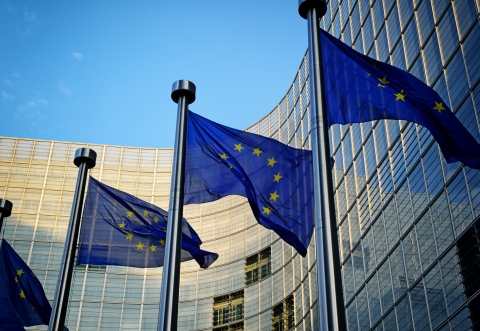Regulation (EU) 2019/2088 on sustainability-related disclosures (SFDR) is a pillar of the EU sustainable finance agenda. SFDR aims to increase the transparency of financial market participants towards end-investors and contribute to the objective of fighting greenwashing. It lays down sustainability disclosure obligations on the environmental and social impact of an entity’s investment decisions, and requirements on how to present the characteristics of green investment products.
To ensure this new set of rules successfully delivers on its objectives, EFAMA contributes to developing the regulation, as well as assisting members’ implementation efforts. We voice any concerns around the timelines for applying rules, implementation challenges and interpretation issues. Additionally, we provide the industry’s informed views on current risk management frameworks and practices concerning the disclosure of information to end-investors.


































